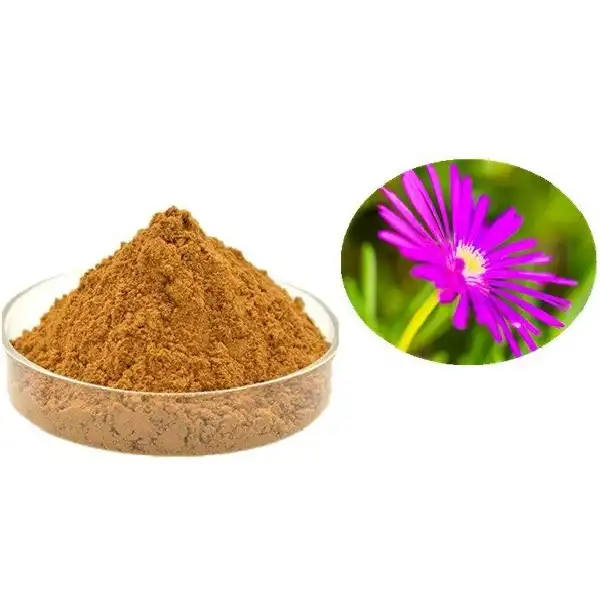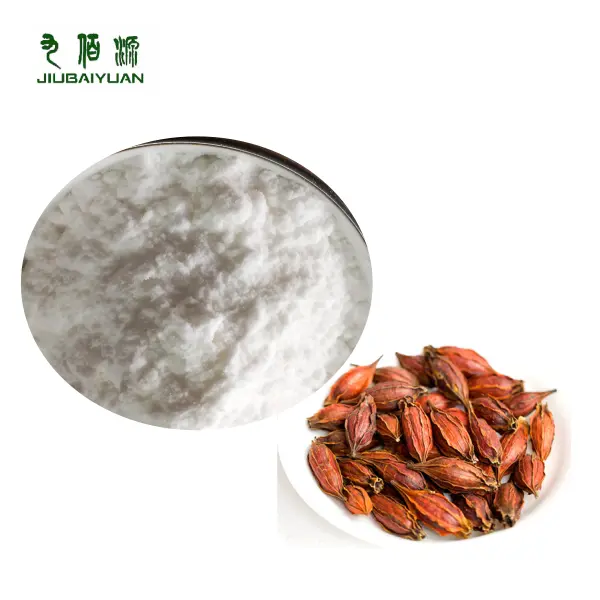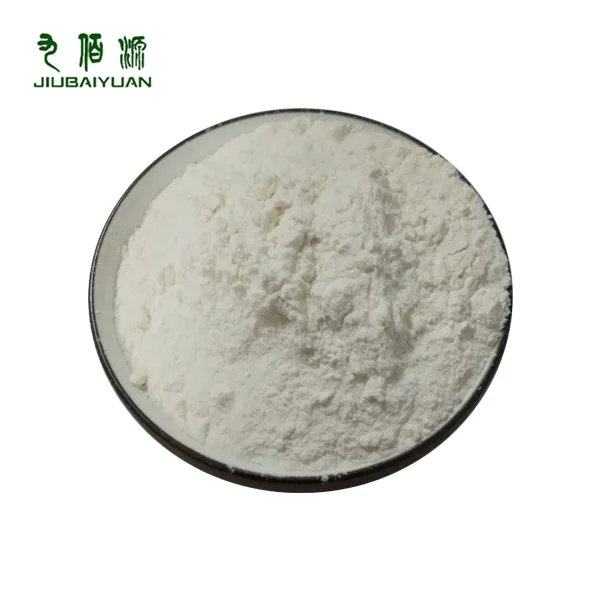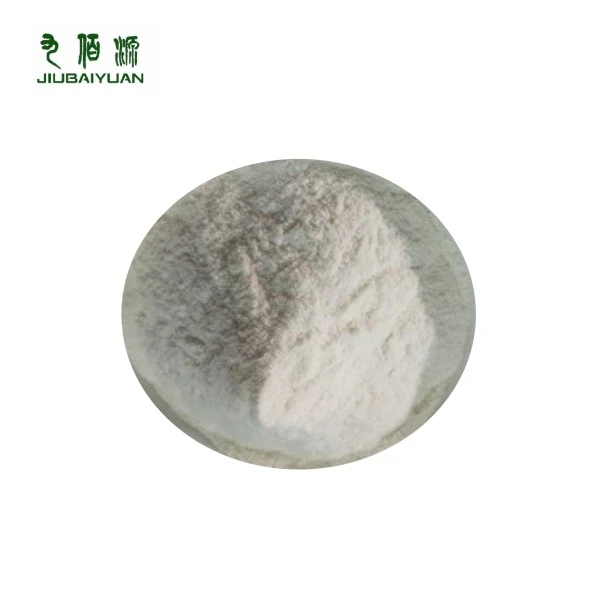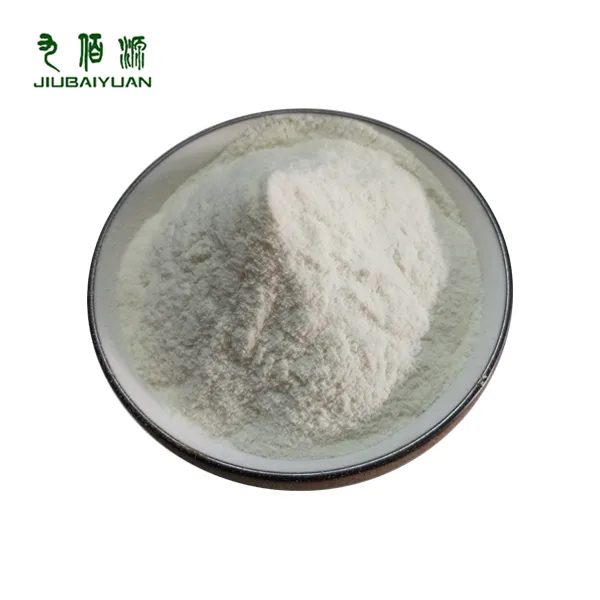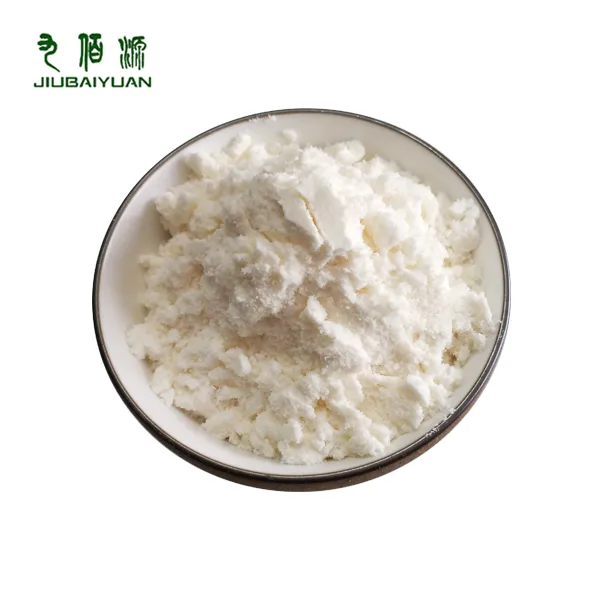What Is The Source Of Loganin?
Loganin Powder, an enigmatic yet captivating phytochemical concealed within the labyrinthine biochemical tapestry of select botanical species, has lately ascended to prominence within the sphere of health-conscious discourse, earning substantial consideration for its potential contributions to overall wellbeing. This bioactive component, imbued with a distinct molecular architecture and an array of alluring physiological effects, beckons us to embark on a comprehensive exploration of its botanical provenance, its inherent properties, and the diverse array of potential applications it harbors in fostering optimal human health.
Tracing its origins to the verdant expanse of the plant kingdom, loganin power inhabits a diverse array of genera, often nestled among the intricate secondary metabolites synthesized by these organisms as defensive mechanisms, communicative tools, or adaptive strategies. Its presence has been detected in revered medicinal herbs such as *Swertia japonica*, a time-honored Asian therapeutic agent extolled for its potent hepatoprotective and anti-inflammatory virtues, as well as in other botanically rich sources like *Scutellaria baicalensis* and *Phlomis umbrosa*. The discovery of loganin within these venerated healing plants alludes to its potential role in conferring their esteemed health advantages, spurring a renewed fascination in isolating and meticulously examining this compound in isolation.
Delving into the molecular intricacies of loganin, it reveals itself as an iridoid glycoside, an intriguing class of compounds distinguished by a characteristic cyclopentanopyran ring framework adorned with hydroxyl, ester, and saccharide moieties. This sophisticated configuration endows loganin with a host of captivating physicochemical attributes, including water solubility conferred by its glycosidic linkage and an affinity for hydrogen bonding interactions, both of which may significantly influence its absorption, distribution, and biological efficacy within the human organism. Furthermore, loganin's resilience to variations in pH and resistance to enzymatic degradation render it an alluring prospect for pharmaceutical formulation and dietary supplementation endeavors.
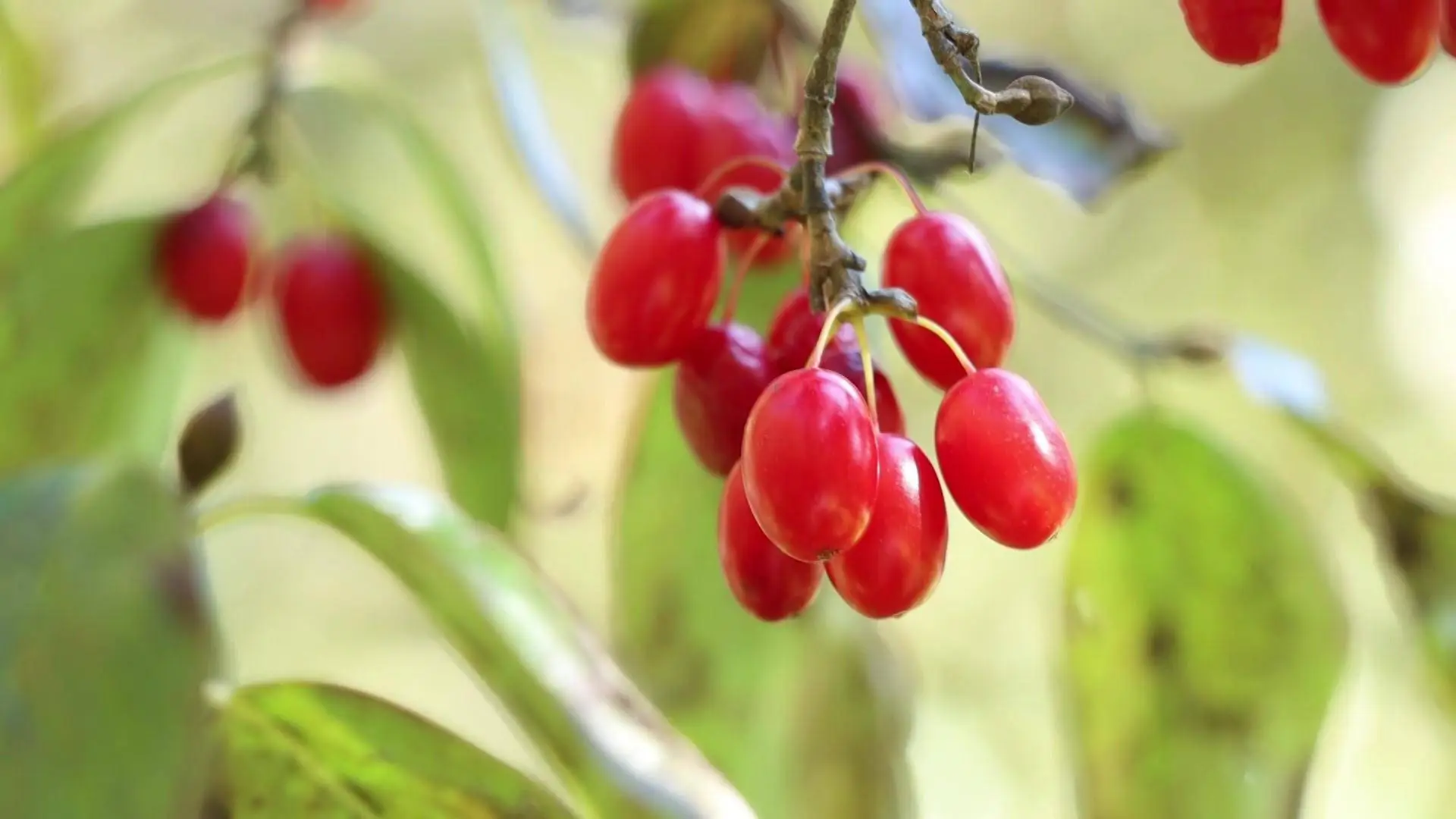
What are the Health Benefits of Loganin Powder?
Loganin powder has been the subject of extensive research, with studies indicating its potential health benefits. One of the primary advantages of loganin is its antioxidant properties. Antioxidants help protect cells from damage caused by free radicals, thus reducing the risk of chronic diseases such as cancer and cardiovascular diseases.
Furthermore, loganin exhibits anti-inflammatory effects, which can help alleviate symptoms associated with inflammatory conditions such as arthritis and inflammatory bowel disease. Additionally, research suggests that loganin may have neuroprotective properties, potentially offering protection against neurodegenerative diseases like Alzheimer's and Parkinson's.
Moreover, loganin has been studied for its potential analgesic effects, making it a promising candidate for the development of pain-relieving medications. These diverse health benefits highlight the potential of loganin as a therapeutic agent for various health conditions.
Which Plants Contain Loganin Powder?
Loganin is naturally present in several plant species, with varying concentrations depending on the plant and its parts. One of the primary sources of loganin is the Cornus officinalis, commonly known as Japanese cornelian cherry or Shan Zhu Yu in traditional Chinese medicine. This plant has been used for centuries in traditional medicine for its various health-promoting properties.
Another significant source of loganin is Cornus controversa, also known as giant dogwood or Swida controversa. This plant is native to East Asia and is valued for its ornamental and medicinal properties. Additionally, loganin can be found in other plant species such as Cornus macrophylla and Cornus walteri.
The presence of loganin in these plants underscores their potential therapeutic value and highlights the importance of botanical sources in natural medicine.
How is Loganin Extracted and Used?
Extracting loganin from plant sources involves several steps to isolate and purify the compound effectively. One common method of extraction is through solvent extraction, where the plant material is mixed with a suitable solvent to extract loganin and other bioactive compounds.
Once extracted, loganin Powder can be further purified using techniques such as chromatography to obtain a high-purity product. The purified loganin can then be used in various applications, including pharmaceuticals, nutraceuticals, and cosmetics.
In pharmaceuticals, loganin may be formulated into tablets, capsules, or topical creams for the treatment of various health conditions. In nutraceuticals, loganin may be incorporated into dietary supplements aimed at promoting overall health and well-being. Additionally, loganin's antioxidant properties make it a valuable ingredient in cosmetics and skincare products, where it helps protect the skin from oxidative damage and premature aging.
Overall, the extraction and utilization of loganin offer promising opportunities for the development of natural-based products with significant health benefits.
Conclusion
The scientific community has embarked upon an earnest quest to decipher loganin's pharmacological potential, unearthing a cornucopia of bioactivities that span across multiple physiological domains. Of particular note, it displays potent antioxidant capabilities, effectively neutralizing free radicals and attenuating oxidative stress – a ubiquitous factor implicated in numerous chronic maladies such as cardiovascular disease, neurodegeneration, and cancer. Moreover, loganin exhibits discernible anti-inflammatory properties, inhibiting pro-inflammatory mediators and signaling cascades, thus holding considerable promise in the management of inflammatory conditions ranging from rheumatoid arthritis and asthma to inflammatory bowel disease.
Beyond these well-established health benefits, the therapeutic horizon for loganin stretches even further. Research endeavors are now probing its potential role in metabolic regulation, with emerging evidence suggesting it may aid in glycemic control and exert lipid-lowering effects, thereby positioning it as a promising ally in the battle against metabolic syndrome and type 2 diabetes. Its hepatoprotective attributes, initially inferred from its presence in traditional remedies, have been substantiated by scientific inquiry demonstrating its capacity to alleviate liver damage, bolster detoxification processes, and safeguard against drug-induced hepatotoxic insults.
Venturing into uncharted therapeutic territories, loganin's potential extends to the realms of neuroprotection and antimicrobial defense. Studies are currently investigating its potential to preserve neuronal integrity and functionality in the context of neurological disorders such as Alzheimer's and Parkinson's disease. Concurrently, preliminary findings hint at loganin's antimicrobial and antiviral activities, raising the tantalizing prospect of its deployment in combating infectious agents or as an adjunct therapy in the face of escalating antimicrobial resistance.
Within the context of the thriving nutraceutical and functional food markets, the integration of loganin into dietary supplements and fortified foodstuffs presents consumers with a scientifically grounded, nature-derived means to fortify their health and potentially mitigate the risk of a multitude of maladies. As the public's appetite for evidence-based natural remedies and proactive health strategies continues to burgeon, loganin's multifaceted health-enhancing properties poise it as an irresistible ingredient in the dynamic landscape of holistic health innovations. Whether manifesting in precision-designed pharmaceuticals, specialized nutraceutical formulations, or nutritionally enriched food products, loganin stands ready to forge a lasting impact on the trajectory of individual and collective health in the years to come.
If you are interested in our loganin products or have any inquiries, please contact us at: emily@jiubaiyuanbiotech.com.
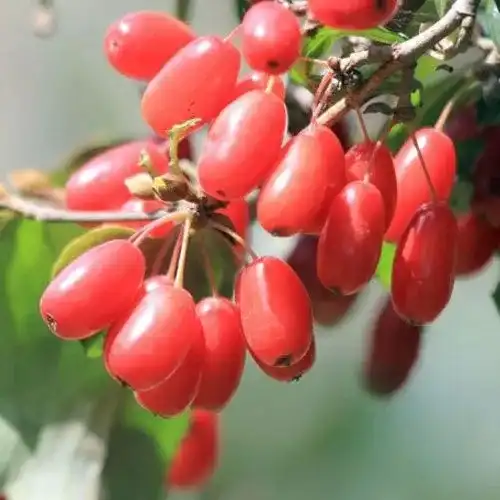
References:
"Loganin: A Natural Product with Health-Promoting Properties."
"Antioxidant and Anti-inflammatory Effects of Loganin." International Journal of Molecular Sciences.
"Neuroprotective Potential of Loganin in Neurodegenerative Diseases." Frontiers in Pharmacology.
"Loganin: A Promising Analgesic Agent." Pain Research and Management.
"Botanical Sources of Loganin and Their Medicinal Uses." Phytotherapy Research.
"Extraction and Purification of Loganin from Natural Sources." Journal of Chromatography.
"Loganin Formulations in Pharmaceuticals." Pharmaceutical Technology.
"Loganin in Nutraceuticals: Applications and Benefits." NutraIngredients.
"Loganin in Cosmetics: Skin Benefits and Applications." Cosmetics & Toiletries.
"Natural Products for Health and Wellness." Natural Products Expo.
Related Industry Knowledge
- Unlocking the Benefits of Ellagic Acid Powder
- Unlocking the Benefits of Diacerein Powder for Joint Health
- Unlocking the Benefits of Calcium Citrate Powder
- Unlocking the Benefits of Acteoside Powder for Health
- What Is Cytidine?
- Synephrine HCL Powder: Benefits and Uses Explained
- Understanding Shilajit Resin Ointment
- Baicalein Powder: Benefits and Uses
- What Is Aloe-Emodin Used For?
- Is Carbidopa Levodopa A Controlled Substance?

